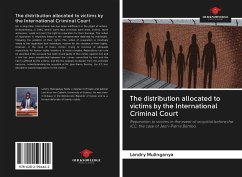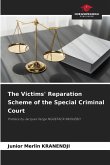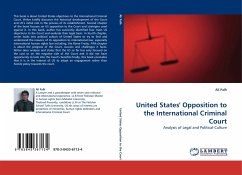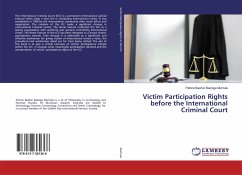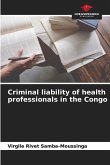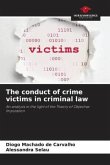For a long time, international law has been indifferent to the plight of victims. At Nuremberg, in 1945, where some Nazi criminals were tried, victims, mere witnesses, could not claim the right to reparation for their damage. The notion of reparation is intuitively linked to the compensation obtained by individuals, following the violation of their rights. The notion of reparation is intuitively linked to the reparation that individuals receive for the violation of their rights. However, in the case of mass crimes, trying to conceive of adequate reparations for human rights violations is more complex. Reparations can only be awarded if the accused has been found guilty of the crimes against him and a link has been established between the crimes committed by him and the harm suffered by the victims, and the ICC appears to depart from this principle because, notwithstanding the acquittal of Mr. Jean-Pierre Bemba, the ICC has decided to award reparations to the victims.

